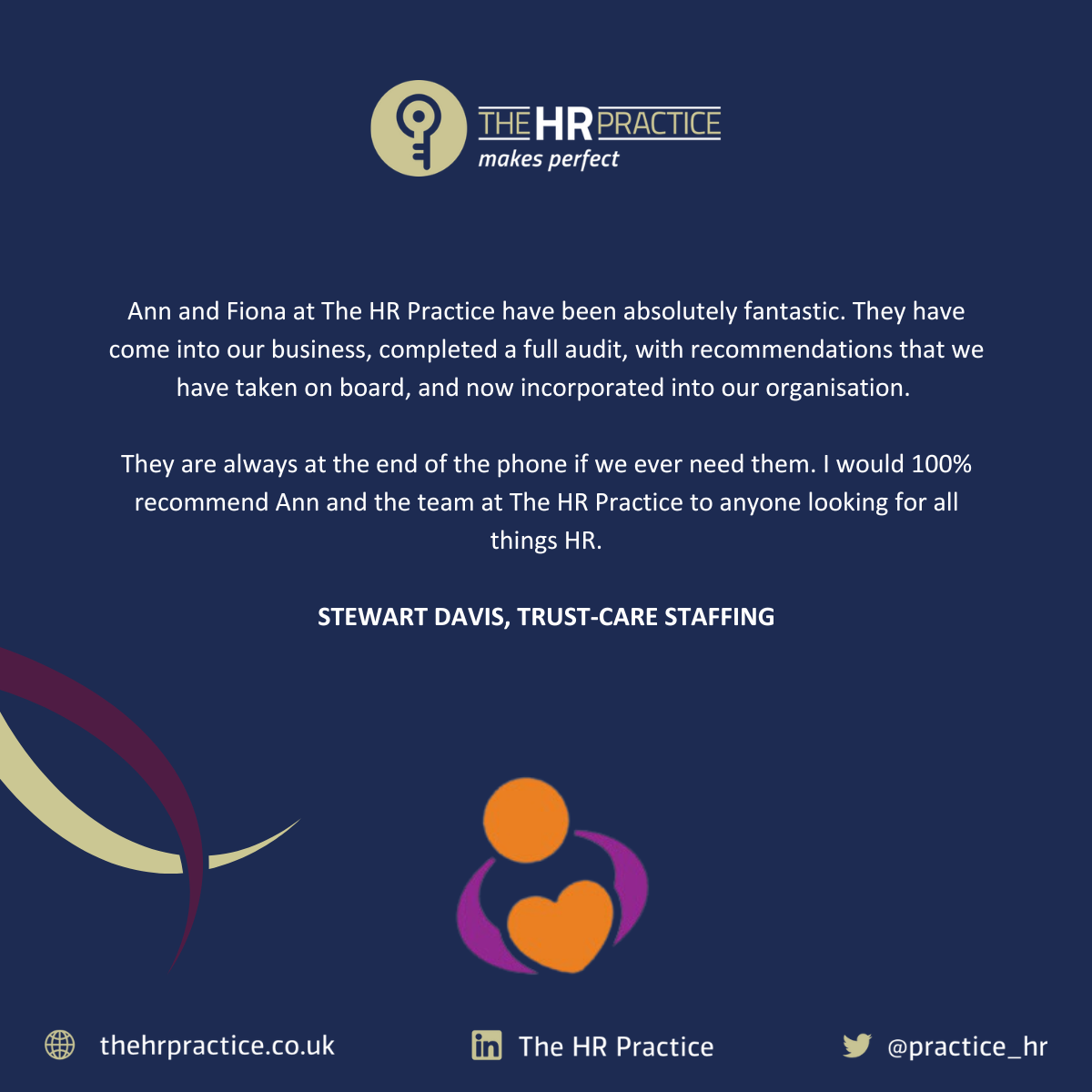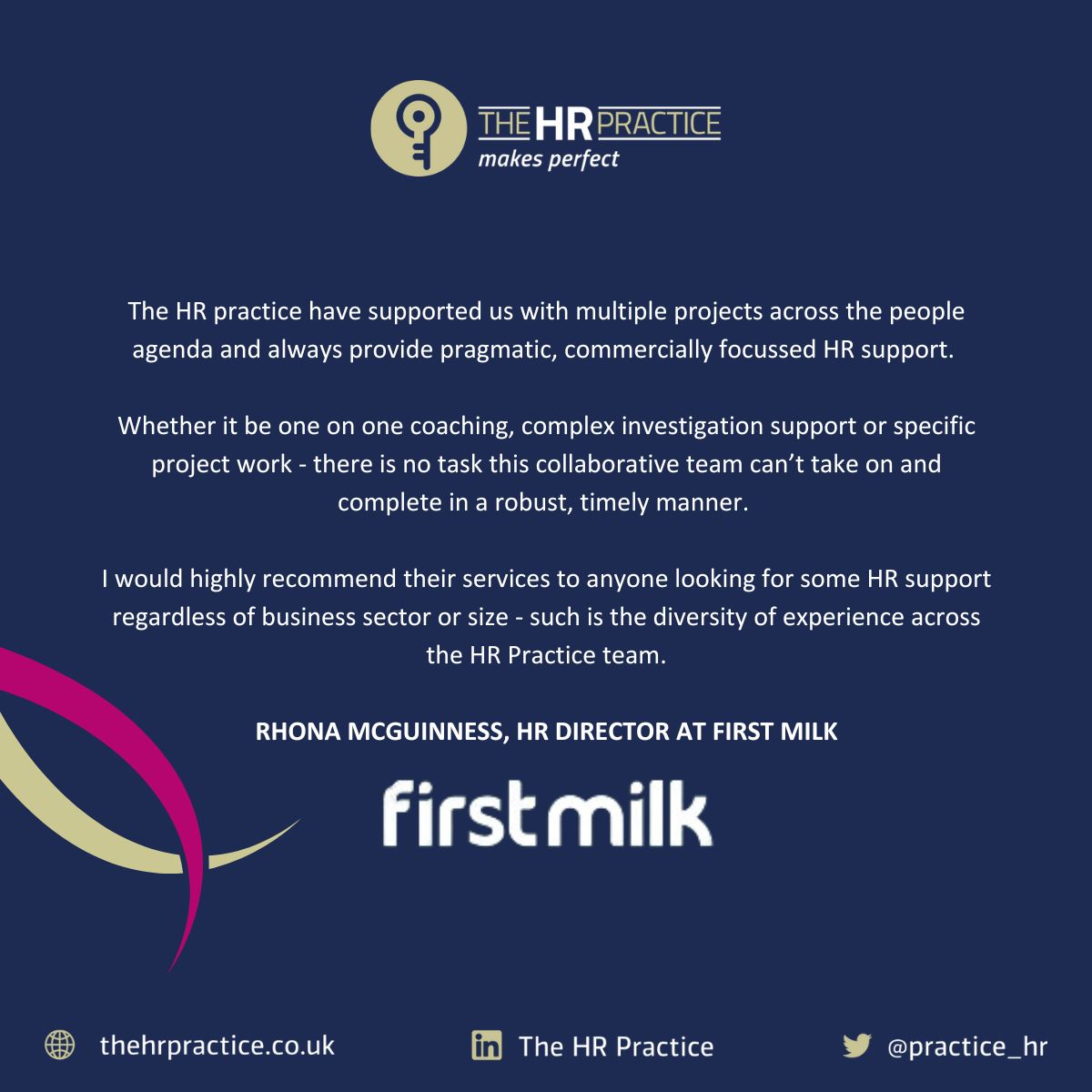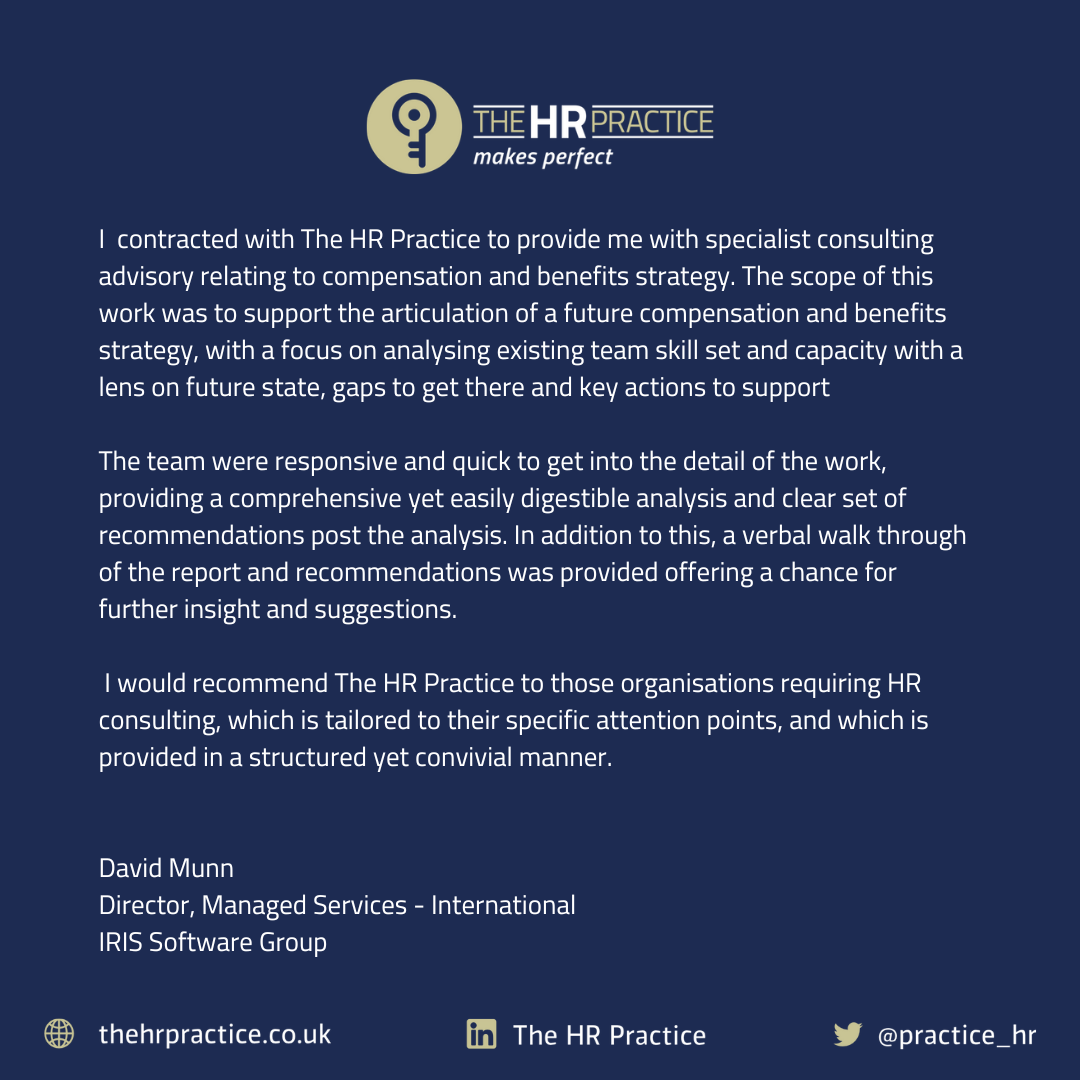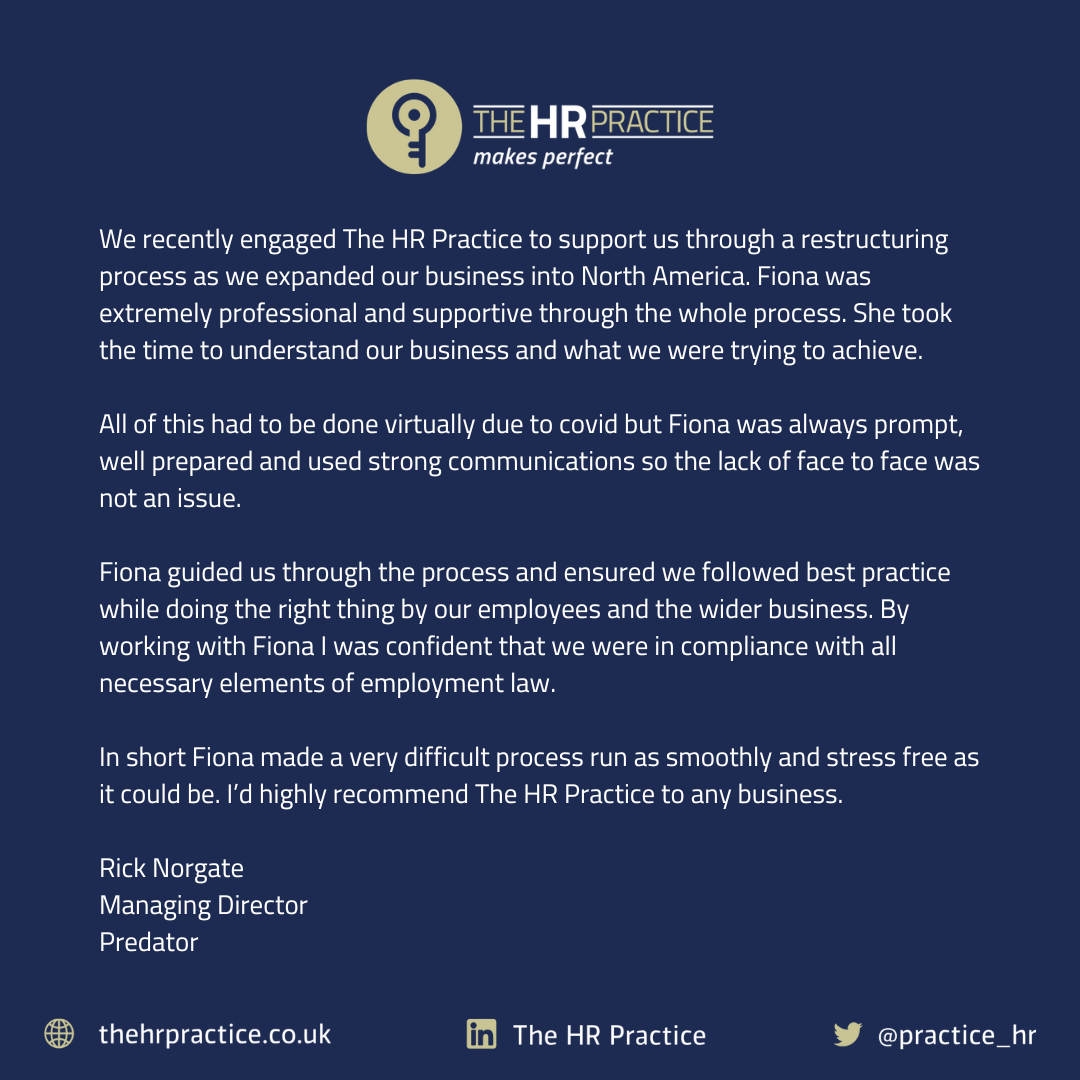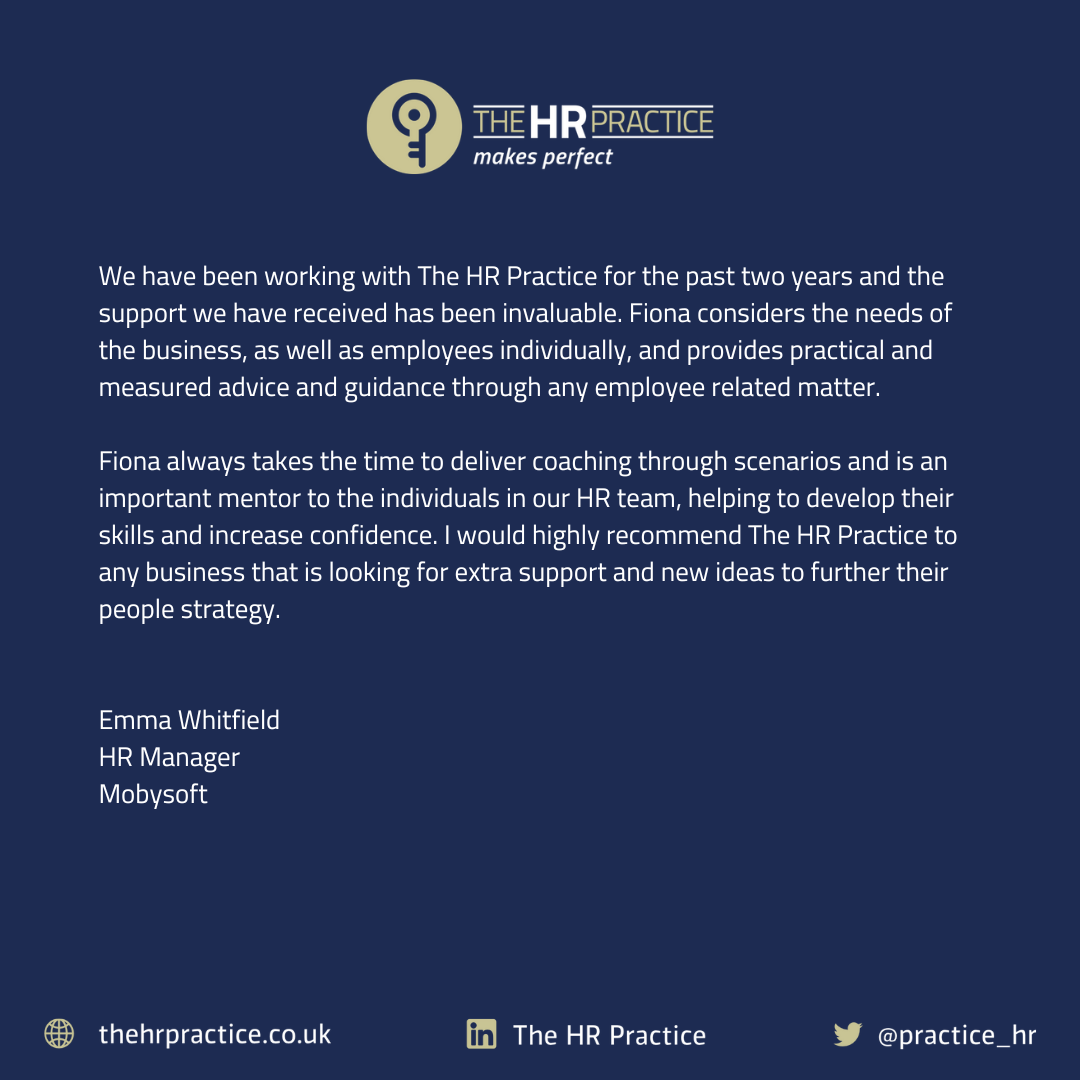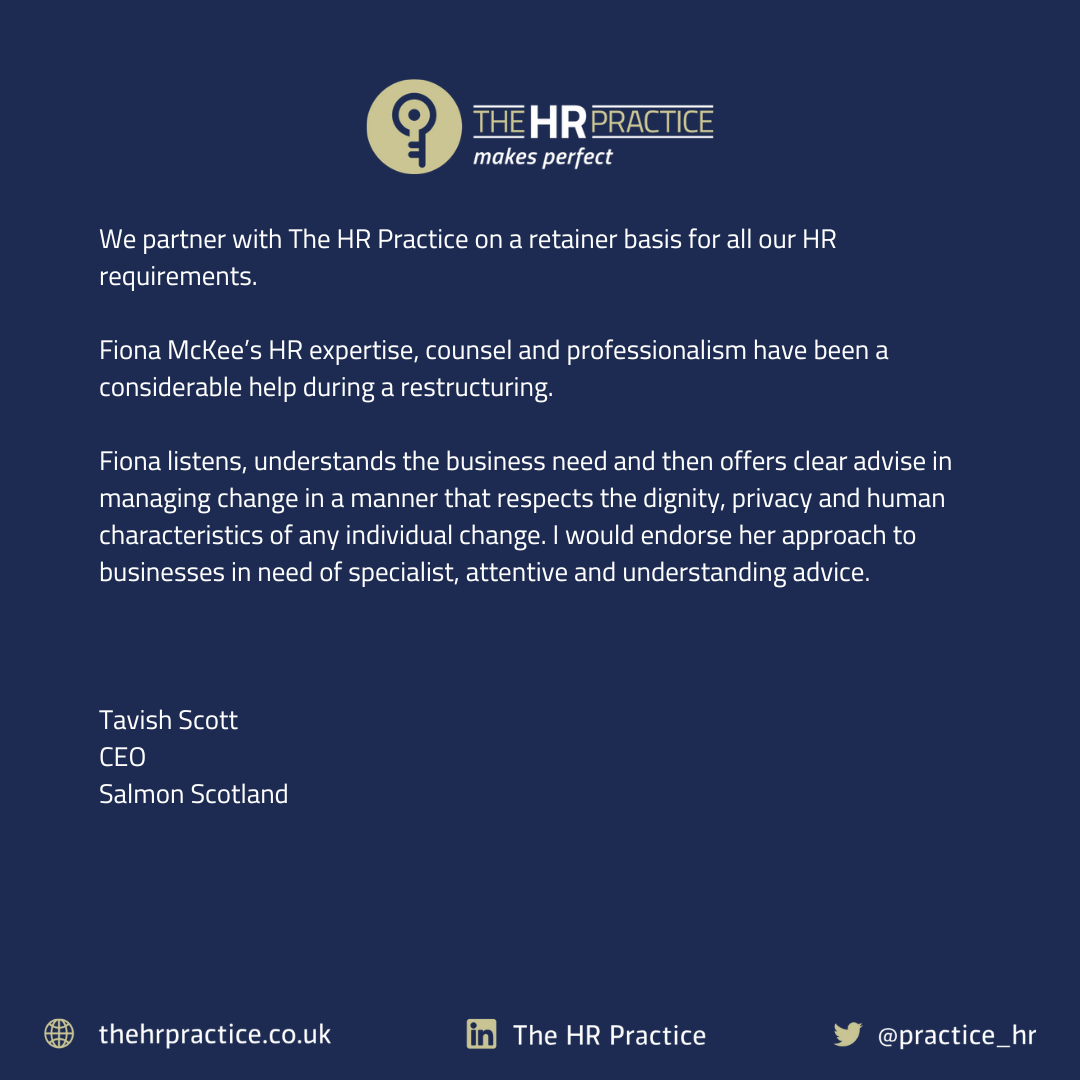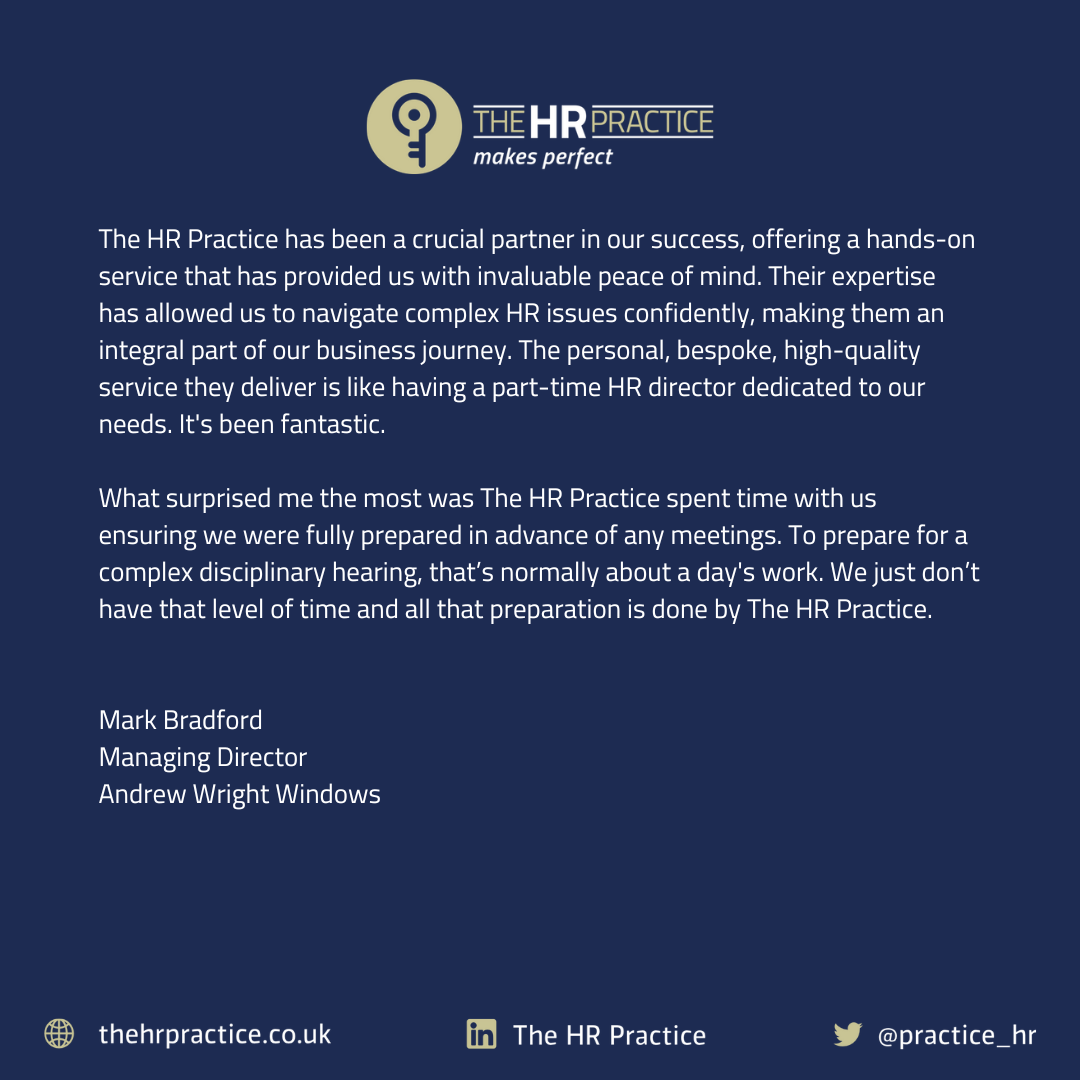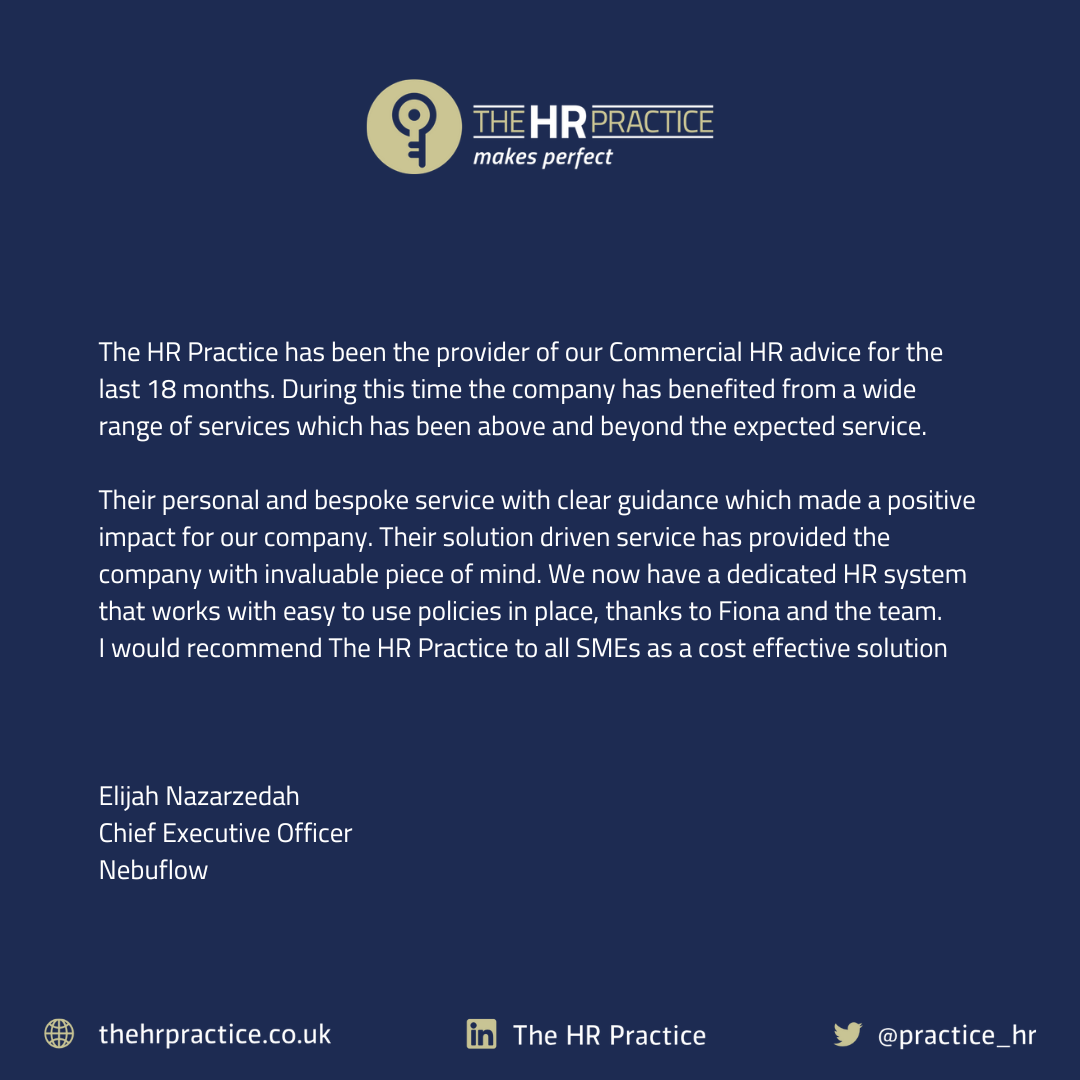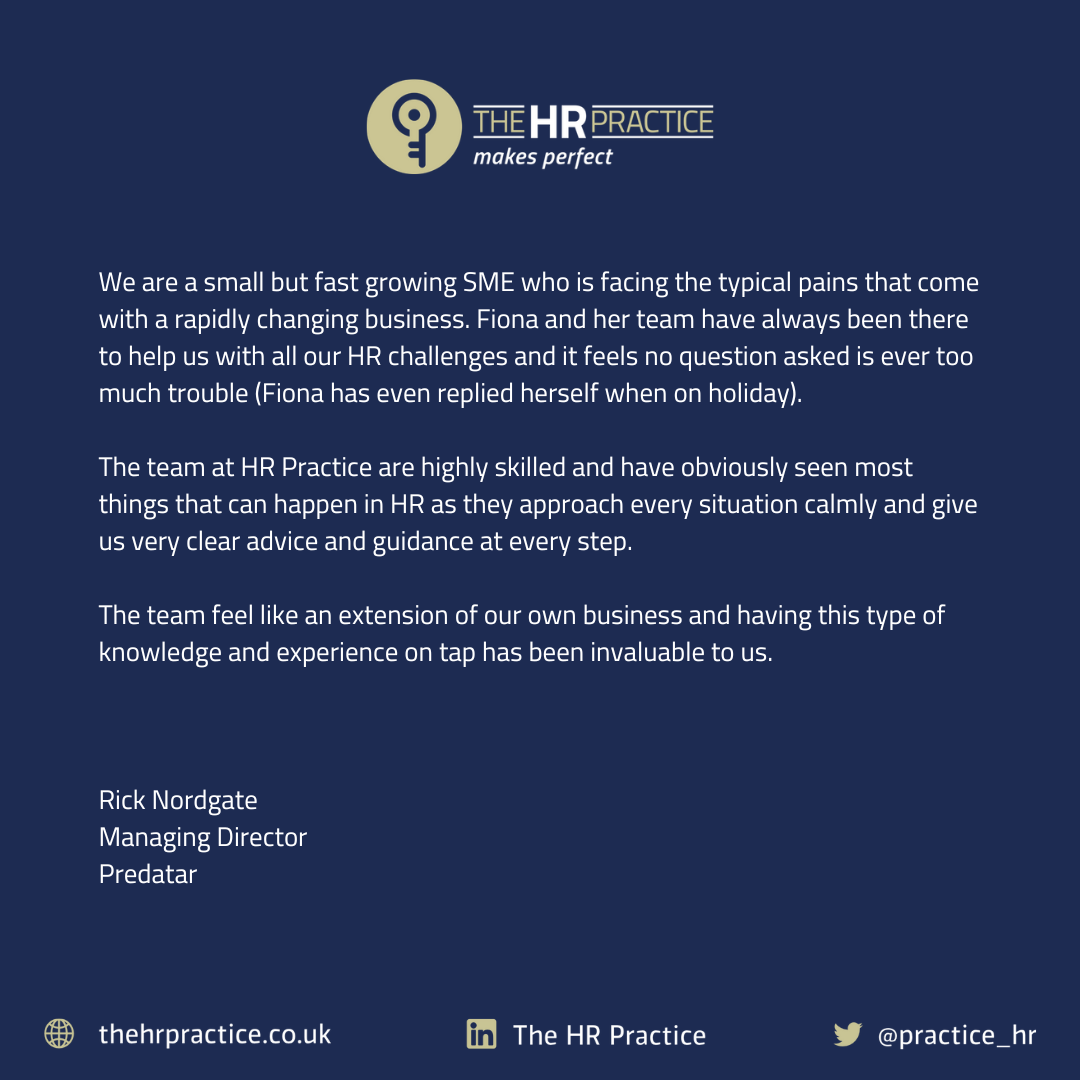Hybrid Working - Is it Right for Your Business?
In the world of business, hybrid working, integrating remote and onsite work, has become one of the most prominent topics in recent years. As a business owner, you may have already shifted towards this working model post pandemic or may be trying to outline a hybrid working approach and policy that works for your business. Here, we explore the benefits and challenges of hybrid working, offering our insights to help you make an informed decision.
Benefits of Hybrid Working
Increased Flexibility
Hybrid working empowers employees with flexibility, enabling them to balance work and personal commitments effectively. This flexibility can increase job satisfaction at no cost to productivity. At The HR Practice, we’ve worked with many businesses that have boosted the morale and engagement of employees as a result of offering flexible and hybrid working arrangements.
Cost Savings
By asking employees to attend the office on set days businesses can save money on spendings such as office space and utilities, and these savings can be invested into other areas for growth. Our clients have been able to invest these savings into employee development programs and technology investments.
Wider Talent Pool
Implementing a hybrid working model opens doors to a broader spectrum of talent, and allows for consideration of individuals further afield, who couldn’t commit to a fully on-site job due to the daily commute. This expanded reach means business can reach talent with diverse and wider skillsets that otherwise wouldn’t have been available to them. In our experience, a hybrid working model has always been a game changer for recruitment and having a high calibre of employees has benefits that ripple throughout all aspects of business.
Enhanced Employee Well-being
Flexible work arrangements help employees balance their work and personal lives, which in turn increases employee satisfaction and wellbeing. A content and healthy team tends to be more productive and engaged with their work, which minimises stress and burnout. We've helped businesses implement wellness programs that complement hybrid working that have completely shifted the work environment and business culture into a healthy and happy one.
Challenges of Hybrid Working
Communication and Collaboration
Successful hybrid working environments only work on the account of effective communications. Investing in high quality communication tools such as good messaging, storage and HR platforms is essential to facilitate collaboration between remote and in-office teams. We’ve assisted many businesses in staying connected by selecting the right tools and platforms specific to their needs and continue to do so to this day.
Managing Performance
Tracking and managing employee performance can seem daunting and feel more difficult in a hybrid work setting. Establishing clear objectives, conducting regular check-ins, and implementing performance metrics are essential to upholding accountability and driving productivity. At The HR Practice, we've developed several tailored performance management systems that work effectively in a hybrid model.
Maintaining Company Culture
With a displaced workforce, maintaining a company culture can become a challenge. Consistently hosting virtual “town hall” meetings, enabling employes to be kept up to date with what’s happening in the wider business as well as having specific days when all employees attend the office will help to maintain a positive culture. From our perspective, it’s essential to create a sense of unity and belonging in the workplace despite the fact the team is not physically together every day.
Security Concerns
As hybrid working means employees can access company data from a variety of locations, cybersecurity becomes more of a concern. Setting up strong security measures and giving thorough training on cybersecurity basics is crucial. We've seen businesses successfully navigate these challenges by adopting robust security measures and consistently delivering training programs.
Conclusion
In a recent poll conducted on our LinkedIn page, we asked professionals about their preferred mode of work. The results revealed that our following were highly favourable of hybrid working, with 62% of respondents favouring this model, 29% opting for fully remote work, and 10% preferring on-site arrangements. This snapshot underscores the growing preference for flexible work structures among professionals.
Hybrid working offers myriad benefits, including flexibility, cost savings, and access to a diverse talent pool. However, without an outlined communication strategy it can present challenges like preserving company culture and ensuring effective communication. By carefully assessing your business needs and implementing frameworks, you can integrate a hybrid model that elevates productivity and creates employee satisfaction.
At The HR Practice, we specialise in providing strategic commercial advice to empower businesses. Our team of seasoned HR directors offers expert guidance on evaluating and implementing hybrid working models tailored to your business needs. Don't delay these decisions - reach out to us today for a consultation and move towards a more efficient and harmonious workplace.


